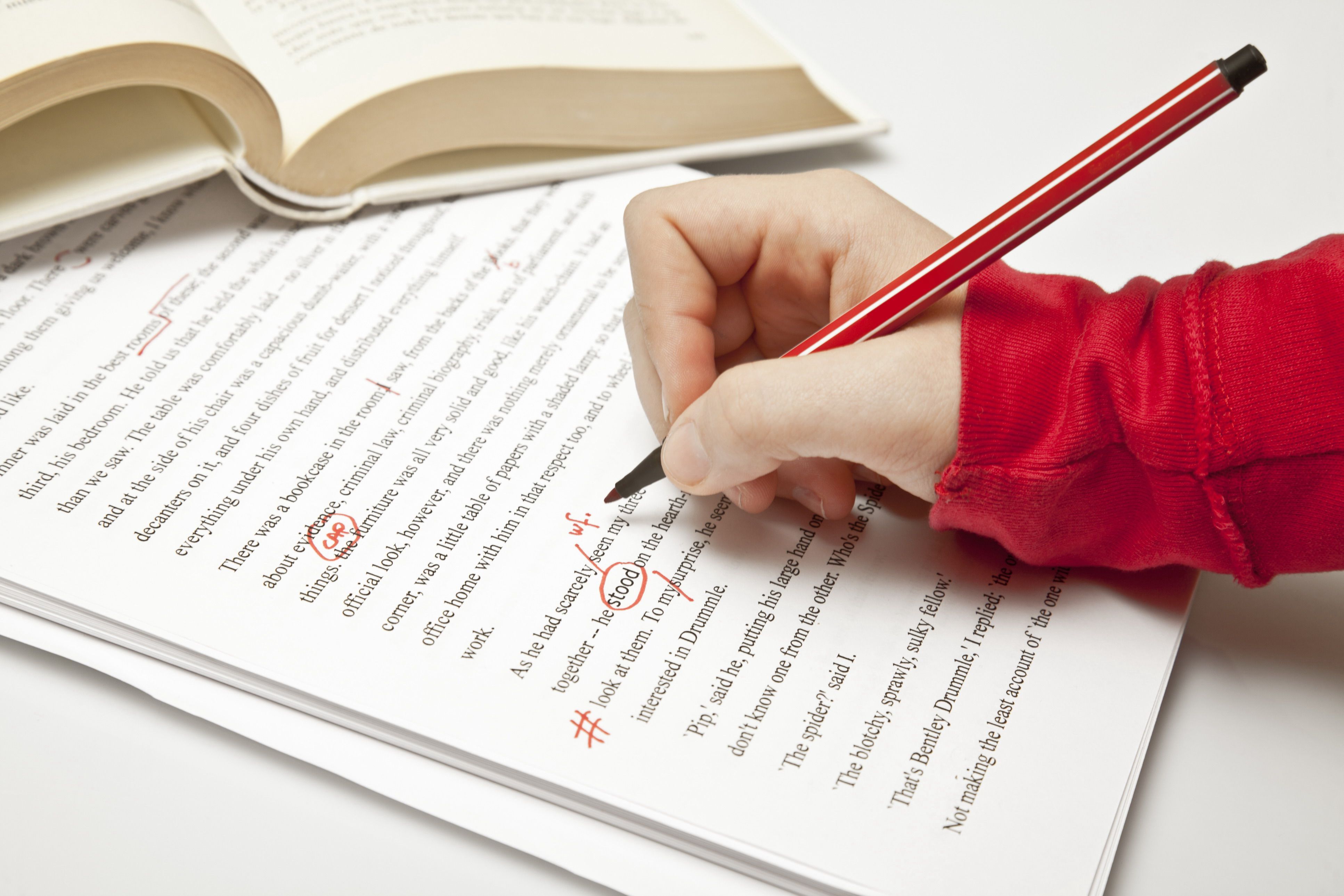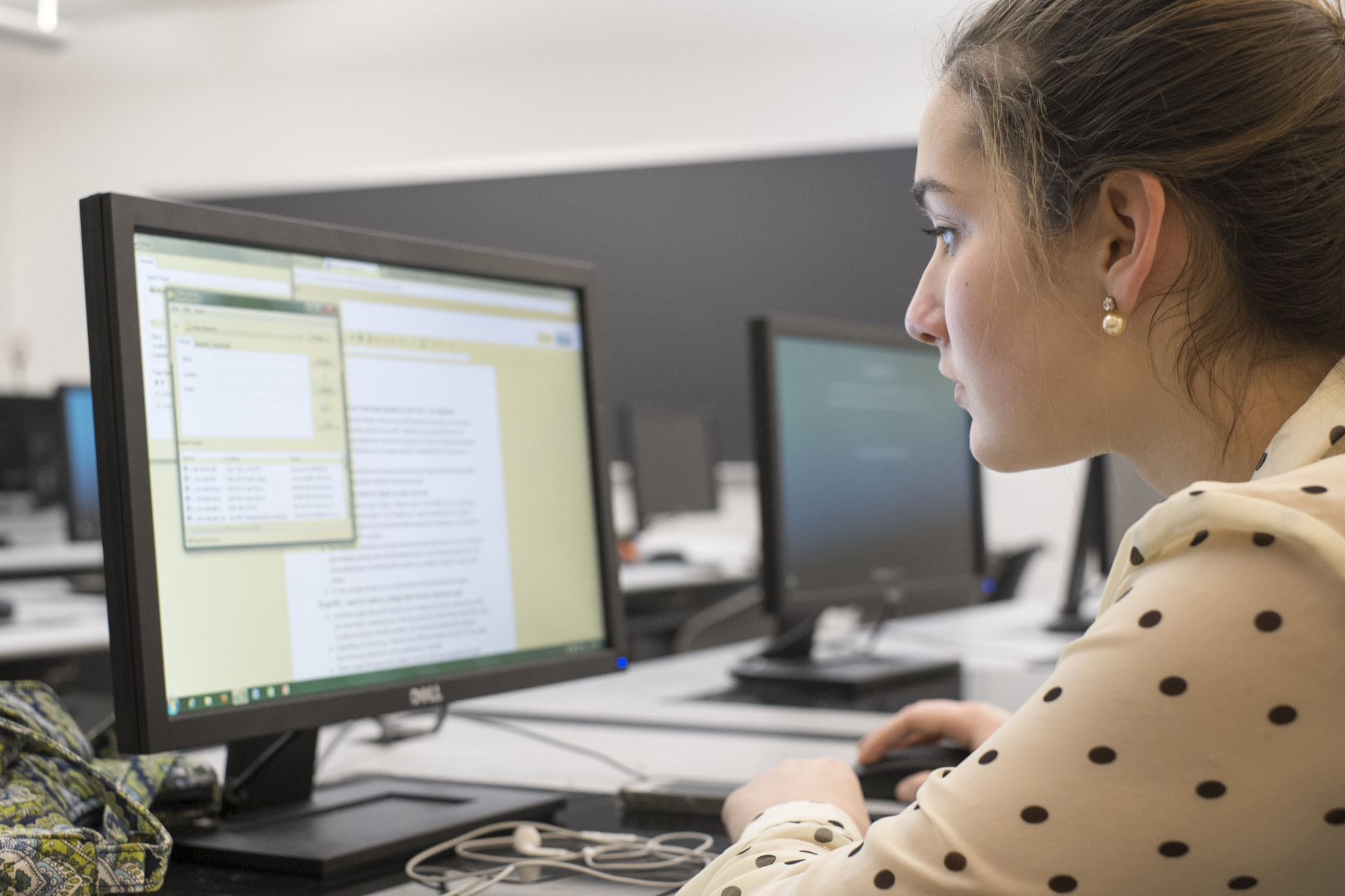Finished your paper? That’s great news! But wait – before you turn it in, make sure you run it past an essay proofreader to ensure that you haven’t made any preventable mistakes that could cost you grades in the long run. If you’re worried about what you can do to make sure your paper is proofread and as perfect as possible, quit worrying. You’ve got a lot of choices. Let’s look at a few of the best options to ensure your paper is as good as it can be before you turn it in.
Proofread it Yourself
Believe it or not, you really can proofread your own essay and there are tips and tricks the pros use that you can to ensure that you do a reasonably good job of it. Here are a few ideas that might come in handy. Print your writing – often you can catch errors in print that you simply wouldn’t see on the screen. Read your writing out loud to someone else – this helps you catch errors that are obvious when spoken out loud but which you might miss if they were printed on the page. Some of the most obvious grammatical errors that you might catch when you’re reading out loud are fragments (sentences or ideas that were left incomplete), run-on sentences (ideas that never seem to stop), and typos where you’ve substituted the wrong word, for instance “their” instead of “there.”
One of the best strategies, if you have time, is to let your paper rest for a couple of days before re-reading it – preferably out loud. Coming at it with “fresh eyes” is one of the best ways to spot some of the problems with what you wrote, and far better than when you’ve just finished writing and you’re utterly exhausted. True, many students don’t have the luxury of this kind of time if you’ve left things to the last minute, but try to let your essay sit for as much time as you possibly can before you attempt to proofread it.
The biggest drawback of this strategy is the most obvious one – if you’re the one who put the errors in the paper in the first place, it’s possible that you will read through the paper, sometimes multiple times, without spotting errors that might be obvious to someone else. That’s why there are other strategies which offer an even higher level of protection against handing in a paper with a whole lot of mistakes.

Get a Friend or Family Member to Proofread
Next to doing your own proofreading, this is one of the cheapest and easiest strategies for proofreading your essay. Most of us know a few people who read a lot, who are very literate, who maybe even have a background in writing, teaching or editing. These people can be a terrific resource if you use them carefully. Very often, they’re happy to help, or you can even offer to swap tasks – you’ll cook them a nice meal, or pet-sit for them, if they’ll proofread your paper.
It’s easy to see a few of the possible downsides to this strategy. The most serious is the possibility that you’re going to “wear out your welcome” with one particular friend or family member. If you have one aunt who was an English major or a friend who works for a major publishing company, don’t let that person become your go-to for all proofreading tasks. Whatever you do, don’t rely on the same person for every single essay. Think about how many papers you might have to complete during an entire college degree! Save the person you consider your best asset for the most important papers, whatever those might be. Additionally, give them lots of time, but also make your deadline clear. Overall, if they’re doing this as a favor to you, you should be as generous and flexible as possible.
Another possible downside of this strategy is that the person proofreading may not know much more about grammar and spelling than you do, and they may even have advice that is unhelpful – such as changing the wording of your paper to more “fancy” or “formal” language or telling you to use buzzwords that you should actually avoid in academic writing. If it’s someone who’s been out of school for a while or who hasn’t had experience in your subject, they may also miss important concepts and key terms that are essential for your paper.

Hiring a Proofreader or Editor
You might think this option would be prohibitively expensive. It’s true that you might not want to do this for every single run-of-the-mill paper, but for special projects, term papers, dissertations, or other situations where there’s a lot riding on the grade, there are ways to hire someone with the necessary skills to make sure your document is absolutely perfect before turning it in.
Online marketplaces like Fiverr and Upwork are sometimes a good place to find freelancers who are available to edit or proofread your document – with a little bit of caution. What’s the difference between an editor and a proofreader? In some cases, an editor will offer tips in terms of the content and flow of your document. This person might check that your ideas make sense and that your paper has a reasonable thesis, for example. A proofreader, on the other hand, may only be willing to fix mistakes in spelling and grammar. Either one will be helpful to you in getting your paper turn-in ready. Which one you pick may depend on how close you feel the essay is to being ready. If it’s 99% done, you’re happy with the structure and thesis, and you don’t want to make major changes, then probably all it needs is proofreading.
A potential drawback is that many of the freelancers you’ll find on these sites are not based in English-speaking countries, and English may not be their first language. This isn’t necessarily a problem – some of the finest essays are written by people whose first language isn’t English! – but it’s worth checking reviews and exchanging an email message or two to ensure that their basic communication isn’t full of errors. Check their rates carefully before you pay up – cheapest isn’t necessarily best, but you may find a bargain this way and pay less than you might expect for high-quality work in proofreading your essay.
Essay Proofreader Software
One final solution we haven’t touched on yet is proofreading software. Of course, every word processor comes with some type of proofreading built-in. Those are pretty smart – to a point. They won’t tell the difference between the county “fair” and the subway “fare,” but they can tell you that “congitency” is not the right way to spell “contingency.” Some spell checkers also come with grammar checkers, which go one step beyond and call you out for using the passive voice, putting commas in the wrong place, and more.
You can also find third-party proofreading programs. Some are add-ons to common programs like Microsoft Word, while others are online utilities where you paste in your text and they produce a report. Some are free while others aren’t. One of these, Grammarly, is available as an add-on for your browser or for Microsoft Word and it is designed to catch errors that your built-in spellcheck doesn’t catch, for instance, inconsistent spellings (British or American), use of commonly mistaken words, like “who’s” and “whose,” and much more.

Probably the biggest advantage of proofreading software is the most obvious one – it’s so fast that it’s usually instant. All the other strategies here require anywhere from a few hours to a few days. If you have time, those strategies can be wonderful. But if you don’t have time, if your paper is due at midnight and it’s now 11:45, then a good proofreading program can be your best friend. Just remember that they’re not infallible. Of course, no method of proofreading is infallible, but automated proofreading is most likely to miss obvious mistakes that a human reader would probably catch on the first pass. It’s not perfect, but at 11:45, sometimes pretty good is better than nothing.
As you can see, there are lots of creative solutions to picking just the right essay proofreader. You’ve got tons of flexibility and lots of possibilities – except one. No matter what the paper, the topic, how simple or hard it is, NOT proofreading your paper is absolutely not an option. Proofreading your paper before you turn it in is a painless way of kicking your essay up several notches: from a so-so paper to one which gets the professor’s attention and praise. Far from being a hassle and a waste of time, proofreading strategies are one of the best possible uses of your time (and sometimes money), bringing you one step closer to all your goals in school and life.





